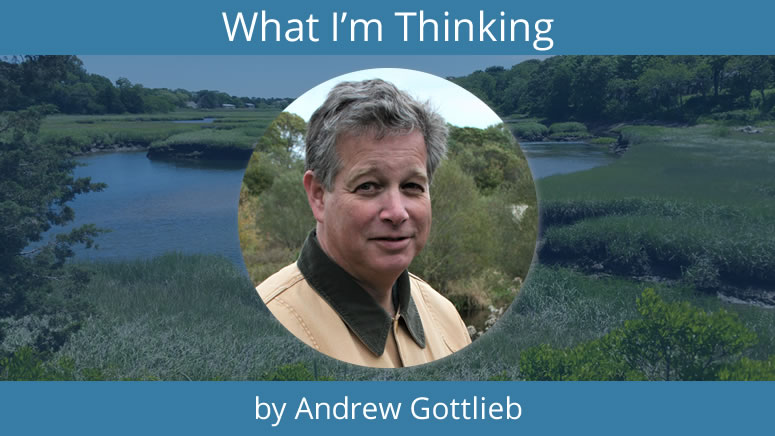Part way through town meeting season the message is clear: Voters want to increase environmental protections. From the large open space purchase approved in Harwich, to the increased wetlands setbacks approved in Mashpee, to the $200 million wastewater management plan approved in Yarmouth, there is irrefutable evidence that a better environment is at the top of voter concerns. While there are a lot of issues jostling for priority and attention, none has more obvious voter support than a clean environment.
It is equally clear that we can do more to promote good environmental outcomes. The pace of wastewater cleanup has increased, but it remains too slow. Thousands of acres of high priority lands that support clean water, affordable recreational opportunities, a healthier environment, and better drinking water need protection before being lost forever to the insatiable appetite of the bulldozer. Nutrient reduction strategies are needed to reverse decades of water quality decline and far too much chemical fertilizer and pesticide is being applied on the land.
Progress is all voter driven. In some cases, voters have elected executive boards populated with members who respect and prioritize the environment. In other cases, voters have bypassed or otherwise leveraged recalcitrant elected bodies and have taken their agenda directly to town meeting in the form of petition articles. Sometimes it is a combination of town officials being successfully moved into taking actions they would, absent palpable public pressure, not have taken. Underlying these circumstances, in all cases, are environmentally educated and increasingly aggressive and tacitly sophisticated advocates pushing the environmental agenda forward. This is not only how it should be, but also how it must be to counteract strong forces pushing in the other direction. Left unchallenged, these forces will devour what remains to be consumed and will leave the environment worse.
The environmental vote, when presented to town meeting for the things that really matter—water quality restoration, water supply protection and the enhancement and expansion of open space—wins. We need to increase the number of chances voters have to make the right choice. If, as a united environmental community, we consistently and repeatedly bring environmentally oriented articles to each and every town meeting, we will win way more than we lose. Now is the time to develop the articles for the fall 23 and spring 24 town meetings.


